Special Equipment Rental Business Idea
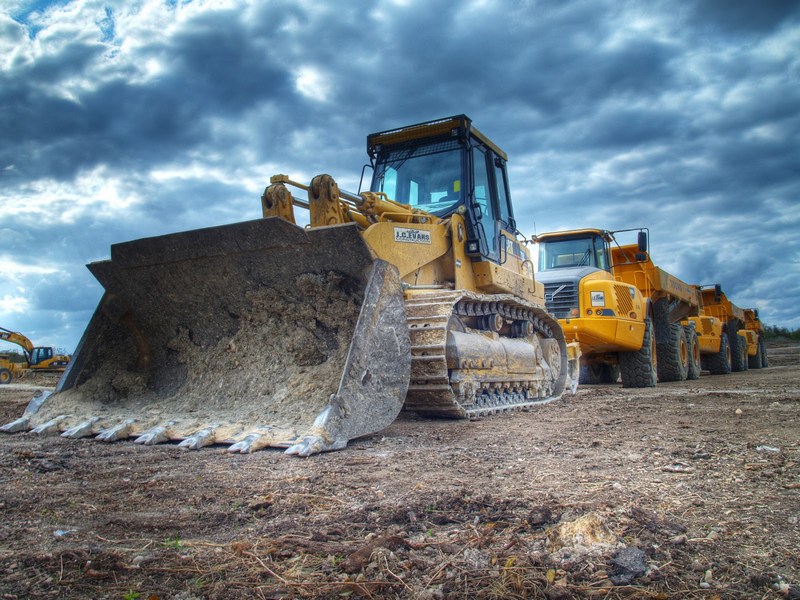
💡 Want more business insights? Stay ahead of the curve with our exclusive updates!
👉 Join our Telegram channel for daily business ideas and expert tips.
👉 Follow us on Facebook to never miss a trend or update!
Don’t just read—connect, grow, and innovate with us today!
Construction is one of the most in-demand industries. Currently, every production is heavily reliant on specialized machinery. This can range from large heavy equipment to compact mobile loaders. However, not every construction company has the necessary equipment on hand. This raises the question of where to rent the required machinery?
Features
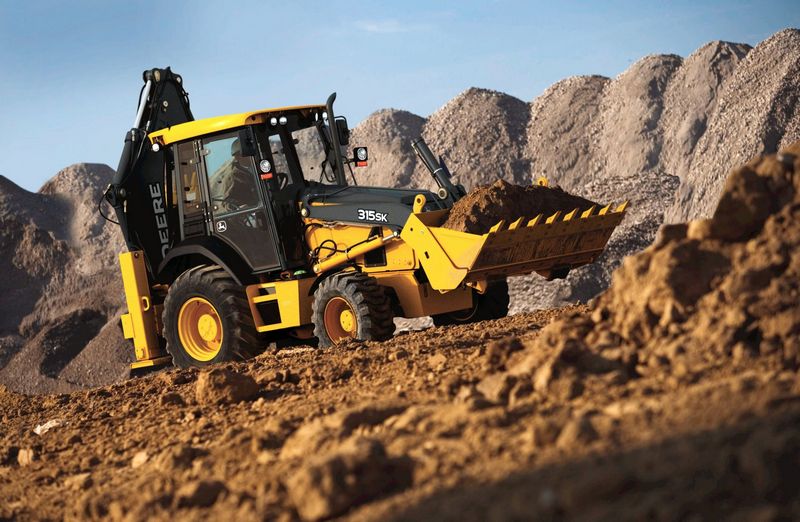
Running a business renting out specialized equipment is highly sought after and competitive. Therefore, before starting, significant start-up capital and a clear implementation plan are necessary. The main expenses include:
- acquiring equipment;
- setting up a park for the machinery;
- advertising;
- technical maintenance;
- staff salaries;
- renting a garage or building additional bays.
Once all major questions are answered, you can start developing an organizational plan.
Where to Begin?
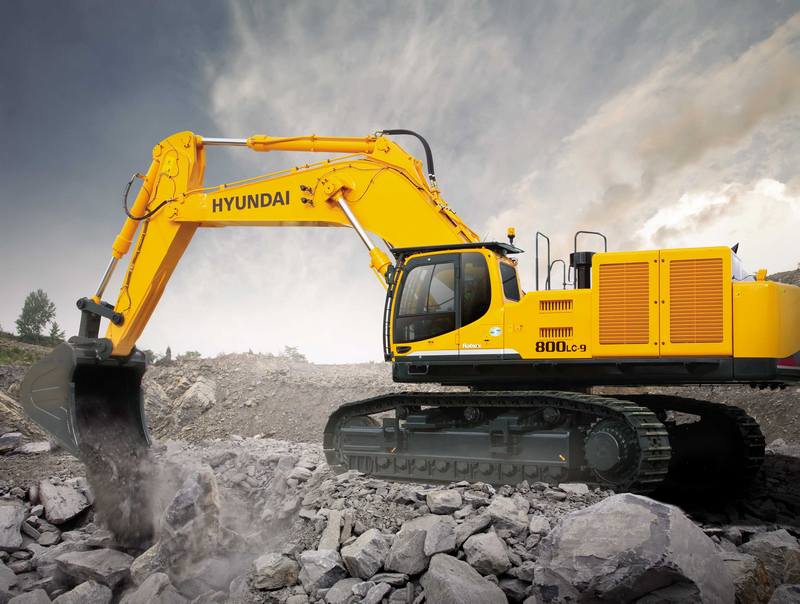
First and foremost, regardless of your chosen niche, it is crucial to study the market demand and supply in your region. Find out the predominant types of construction, the most commonly used machinery, the average equipment costs, and the prices of services offered by other companies.
While universal equipment is an option, specialized construction machines geared towards specific activities are more successful. Customers view these as advantageous in terms of production and relatively cost-effective compared to universal machinery.
However, do not overlook popular equipment like excavators, essential for all construction projects. They are in demand among large companies and private individuals alike.
Equipment Purchase
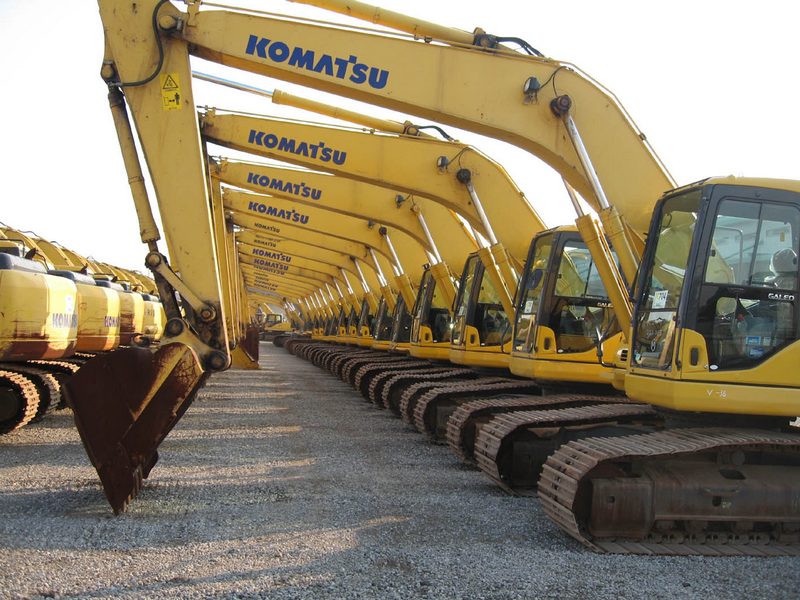
Equally important is the purchase of specialized machinery. The decision between buying new or used equipment is crucial. Budget plays a significant role, so with limited funds, attention should be given to used machinery. If confident in the proper use of second-hand equipment, costs can be reduced. However, regular monitoring and timely maintenance are necessary for such machines. When opting for older machines, choose popular brands to facilitate easier and more affordable spare parts acquisition.
In the American market, customers tend to prefer imported machinery. Equipment from Japan or America is renowned for high production standards, surpassing local products in reliability. As such, investments in foreign machines are usually worthwhile. Purchasing construction equipment from Korean or Chinese manufacturers offers high productivity at a lower cost.
Staffing
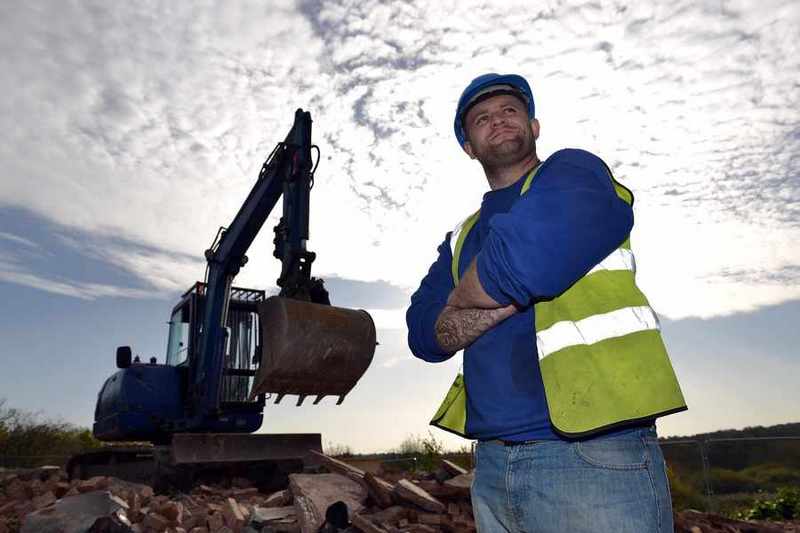
The meticulous selection of personnel is crucial. Having experience in the construction industry makes this process slightly easier. When hiring operators or mechanics, prioritize experience. Each employee should be well-versed in machinery and take their role seriously. Review resumes and recommendations as the professionalism of your staff directly impacts business development. Age is a defining factor—some equipment requires good physical fitness and the ability to work continuously.
While qualifications and certificates from special courses are important, they do not guarantee a staff member's professionalism. Remember, most equipment malfunctions are due to inexperienced operators.
Equipment Storage
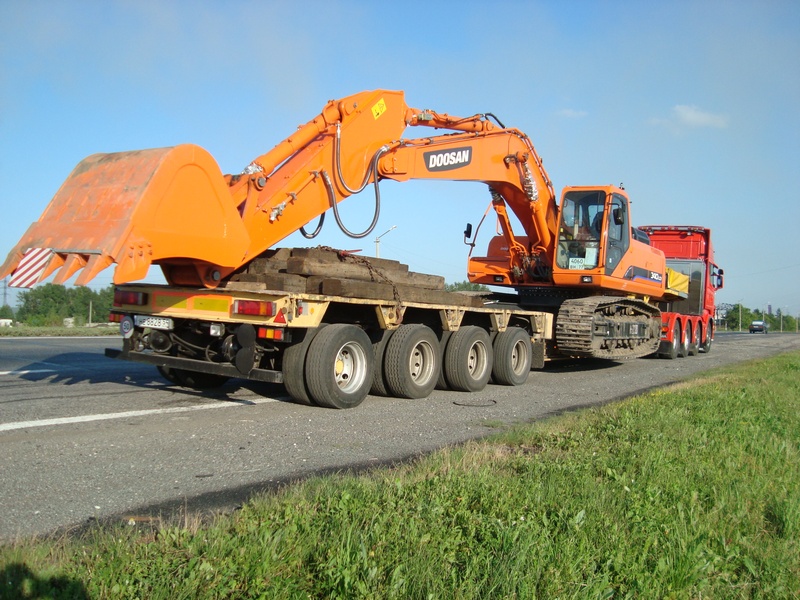
Prior to commencing work, ensure secure equipment storage. To prevent theft, store all machinery in a secure area. If setting up your own fleet is costly, consider organizations with existing areas for machine monitoring. Install alarms on all machinery, replace factory locks with more secure ones, and consider adding satellite tracking systems. Construction equipment is pricey, so investing in reliable security is crucial.
Registration
By law, all self-propelled machinery must be registered with the relevant regulatory bodies. A lawyer can assist in resolving this matter for a small fee, around $100, to navigate the paperwork hassle.
Development
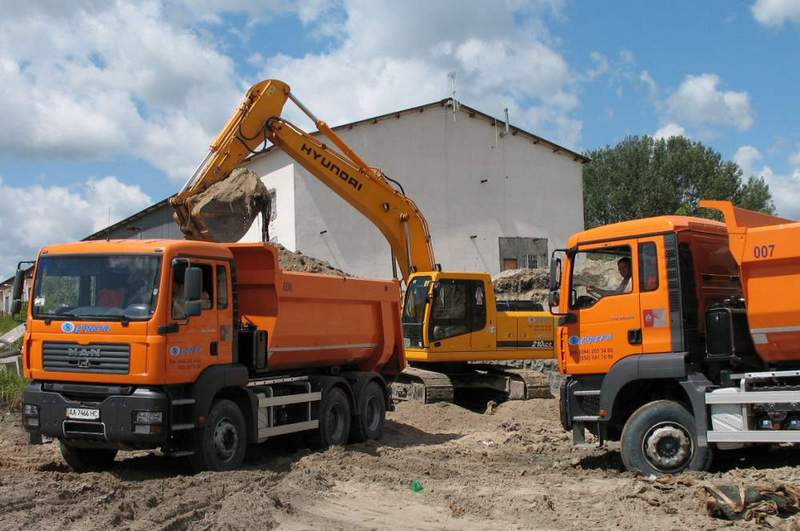
Following the resolution of organizational issues, business operations can commence. How can you start generating profit? If you have contacts in the construction industry, that's beneficial. Negotiate equipment supply with a slight discount. Otherwise, focus heavily on advertising. Flyers, the internet, direct outreach to company leaders—any means of advertisement should be utilized. Present your business as more favorable and reliable compared to competitors. Ensure your company's logo is visible on all machines.
Finances
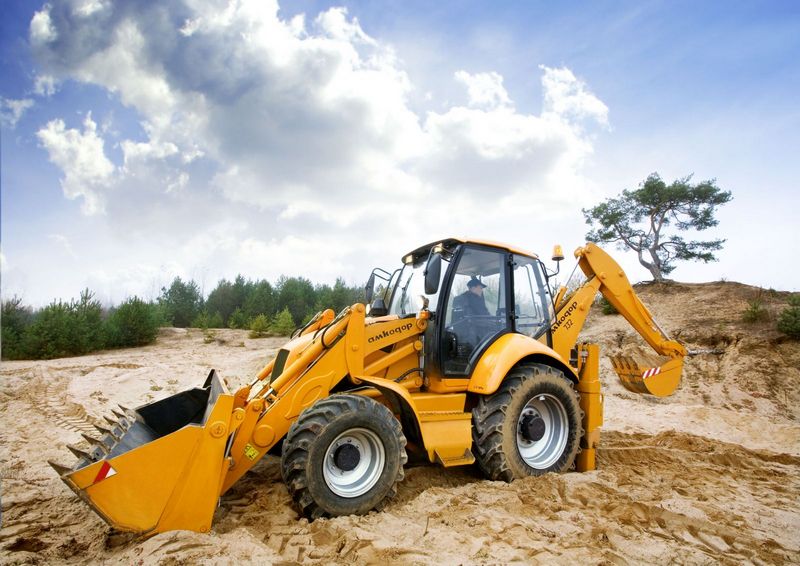
The final and most critical stage involves proper accounting of expenses and investments that shape the future of your business. At the initial stage, attract customers by offering more advantageous deals than other companies. For instance, the average rental cost ranges from $50 to $400 per hour. Therefore, a single working shift can yield between $500 and $4000. Monthly earnings per machine, if operating six days a week, without considering holidays, can be around $8000. Accounting for the operator's $1000 salary, parking, maintenance, and fuel costs, on average, monthly profits per machine can range from $2000 to $3000. With a significant fleet, your equipment will pay for itself quickly. The key is to maintain quality and consistently attract new clients.
Starting such a business requires substantial investments. If lacking such initial capital, consider beginning with construction equipment rental or leasing construction equipment and tools.
💡 Want more business insights? Stay ahead of the curve with our exclusive updates!
👉 Join our Telegram channel for daily business ideas and expert tips.
👉 Follow us on Facebook to never miss a trend or update!
Don’t just read—connect, grow, and innovate with us today!





































.jpeg)













Note: Comments are being moderated and may take a while to appear. There is no need to resubmit your comment.